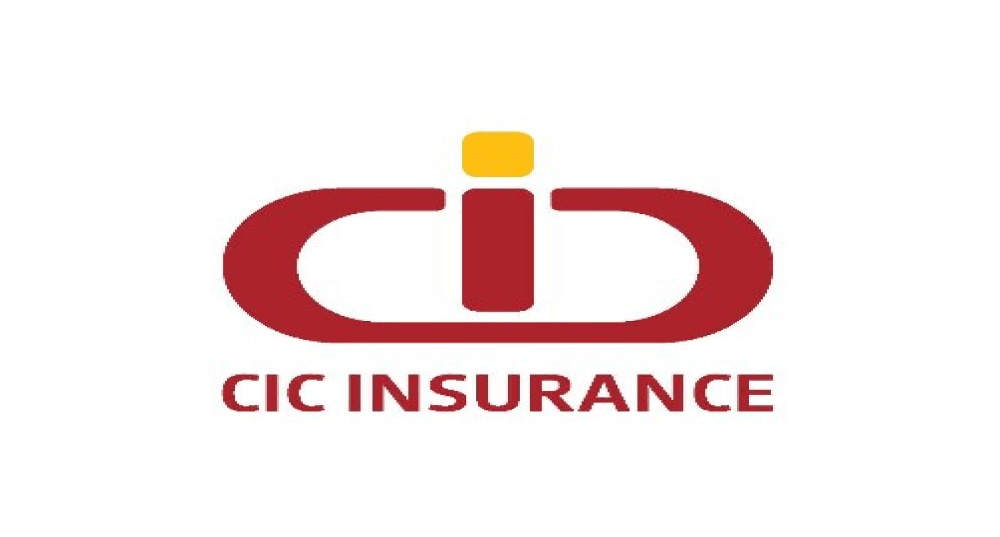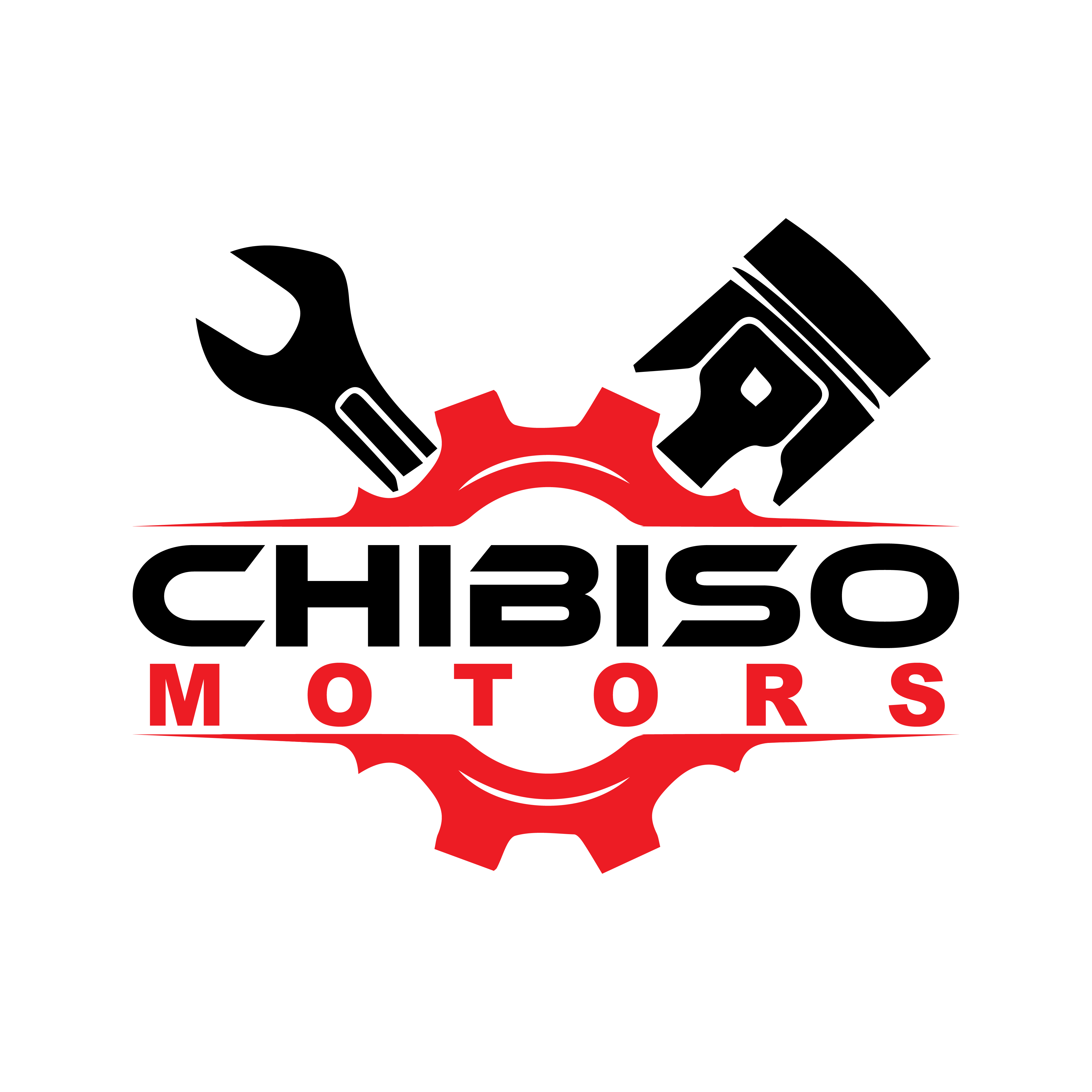Essential Car Maintenance Steps Every Car Owner Should Follow
Are you a proud car owner who wants to ensure that your beloved vehicle retains its value and performance for years to come? Look no further! In this blog post, we'll reveal the essential maintenance steps every car owner should follow to protect their investment. From simple yet often overlooked tasks to expert tips from seasoned mechanics, get ready to dive into a wealth of knowledge that will keep your wheels running smoothly and effortlessly. Don't let neglect take a toll on your prized possession; join us as we uncover the secrets to maintaining an impeccable and reliable ride!
Essential Maintenance Steps
As a car owner, it’s important to protect your investment by properly maintaining your vehicle. Here are some essential maintenance steps every car owner should follow:
Checking Your Battery
It’s important to check your battery regularly to make sure it’s in good condition. A battery test will tell you if your battery is weak or needs to be replaced.
To check your battery, open the hood and locate the battery. Remove the negative terminal first, then the positive terminal. Using a voltmeter, touch the red lead to the positive terminal and the black lead to the negative terminal.
If the reading is 12.6 volts or higher, your battery is in good condition. If it’s 12.5 volts or lower, your battery may be weak and needs to be replaced.
Checking Tire Pressure
Tire pressure is one of the most important aspects of vehicle maintenance. Incorrect tire pressure can lead to decreased fuel efficiency, increased wear and tear on tires, and even safety issues.
It's important to check your tire pressure regularly, and especially before long trips. You can check your tire pressure with a gauge at any gas station or auto parts store. Many newer vehicles also have tire pressure sensors that will alert you if your tires are low.
When checking your tire pressure, be sure to consult your owner's manual for the correct specifications. Overinflated or underinflated tires can both cause problems. Once you've checked your tire pressure, adjust it as needed to get it back into the proper range.
Changing the Oil
One of the most important things you can do to protect your car investment is to change the oil regularly. It’s one of the easiest and least expensive maintenance tasks, and it can make a big difference in how your car performs and how long it lasts.
How often to change your oil depends on the type of engine oil you use, how you drive, and what kind of conditions you drive in. For most people, changing your oil every 5,000 miles or so should be sufficient. However, it’s always best to consult your car’s owner’s manual for specific recommendations.
When changing your oil, be sure to use the correct type of oil for your car. You can usually find this information in the owner’s manual as well. Using the wrong type of oil can damage your engine and void your warranty.
Changing your own oil is relatively easy and can save you money, but if you’re not comfortable doing it yourself, there are plenty of reputable shops that will do it for you. Just be sure to get an estimate beforehand so you know how much it will cost.
Replacing Air Filters and Fluids
As a car owner, it is important to be proactive in maintaining your vehicle. This includes replacing air filters and fluids on a regular basis.
Air filters prevent dirt and debris from entering the engine, and should be replaced every 12 months or 12,000 miles. Fluids are essential for the proper operation of your car, and should be checked regularly. Engine oil should be changed every 5,000 miles, while transmission fluid and coolant should be changed every 30,000 miles.
Car maintenance is an essential part of protecting your investment and keeping it running smoothly for years to come. By following the basic steps outlined in this article, you can save yourself time and money while also ensuring that your car continues to perform at its best. Taking the time to learn about the different parts of your vehicle and how they interact with each other will help ensure that all components are working properly and efficiently. Remember, a little bit of preventive maintenance now can make a big difference down the line!
Trusted by Most Popular Brands




